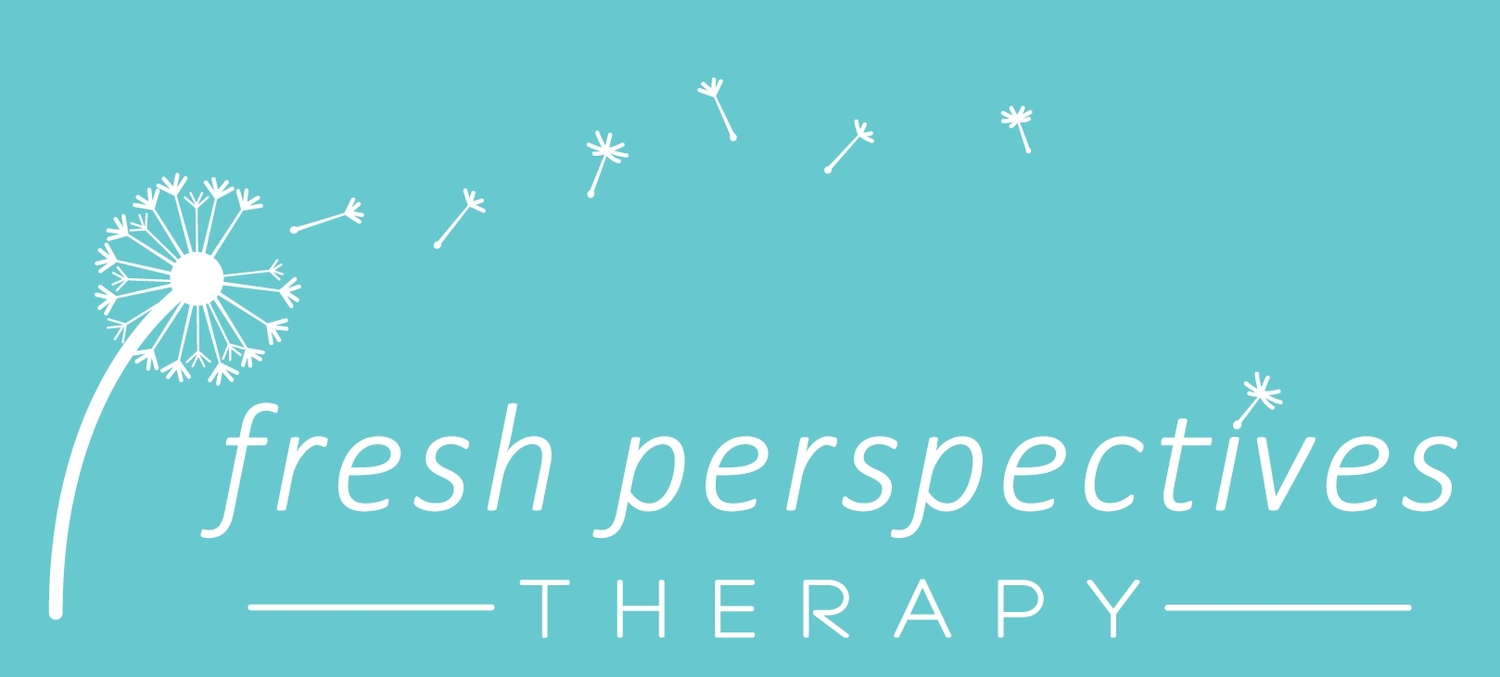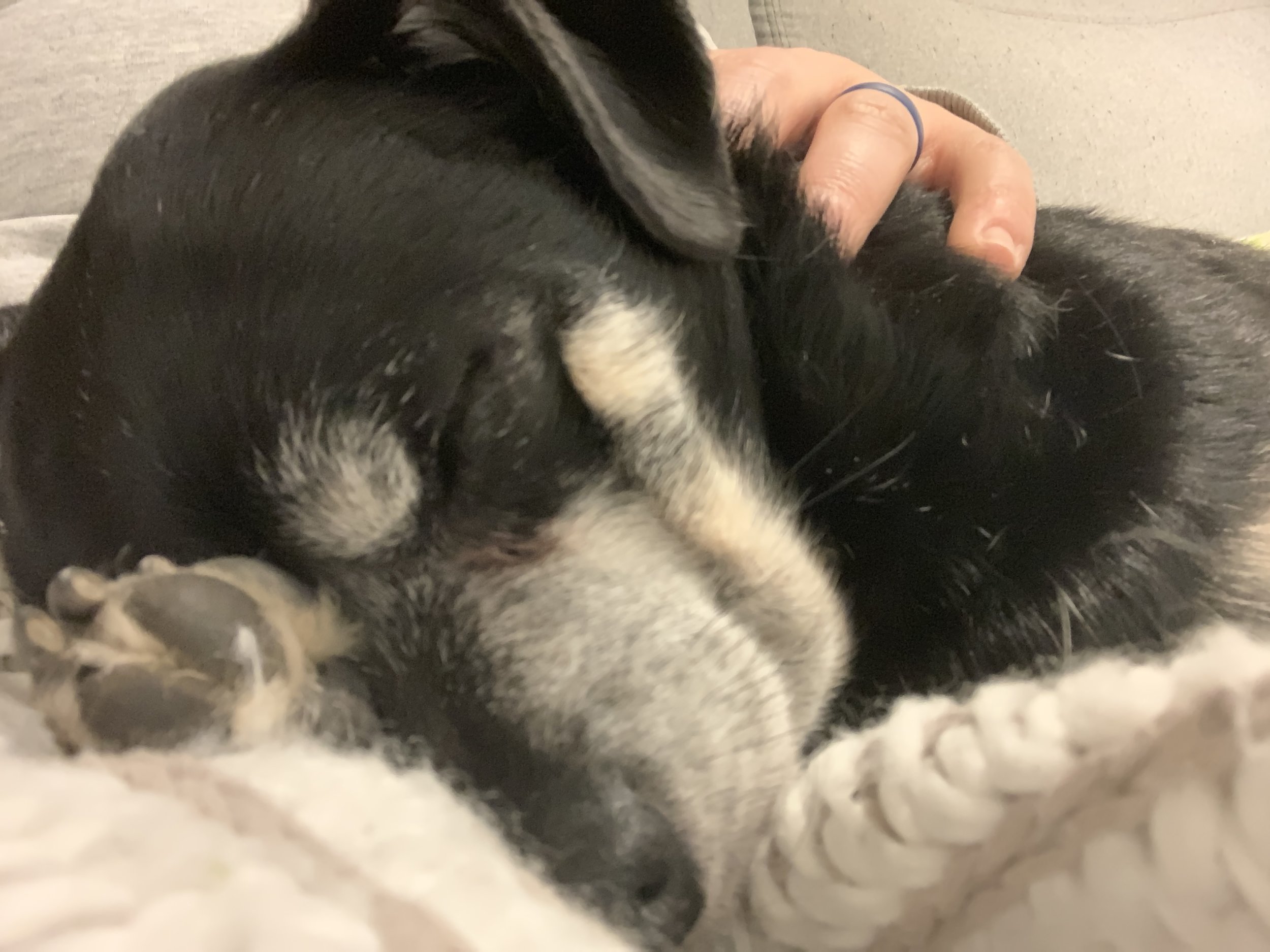Sleep is an important part of maintaining your mental and physical health, though many people struggle to get a restful night’s sleep.
Surprisingly, sleep hygiene isn’t about cleanliness. Sleep Hygiene is about habits and practices you maintain around your bedtime routine and night of sleep. Though many of us are very familiar with how a full night of rest can make us feel more energetic during the day, healthier, and generally in a better mood, often our routines around bedtime can become counterproductive to getting good quality sleep. So what can we do to change our nightly routine to get the best from our rest?
Start a Relaxing Bedtime Routine
A regular routine becomes a signal to your body that it’s time to go to sleep. Your nightly routine could include a warm bath or shower, reading a book, gentle stretching or yoga, or meditation. Just be sure it’s something that’s soothing, relaxing, and doesn’t involve a screen (TV or phone time). Establishing a regular bedtime and wake time (yes, even on weekends) can help immensely with troubled sleeping
Create a Comfortable Sleep Environment
Discomfort can often be the cause of disturbed sleep. Keep your bedroom cool, avoid having phone and TV screens on or around, keep the room as dark as you can with curtains or blinds (use an eye mask if needed), and consider using white noise machines (these can be very affordable!) if quiet is hard to come by in your area.
Avoid TV or Reading in Bed
When you watch TV or read in bed, your body begins to associate the bed with wakefulness and it will be more challenging to fall asleep. Limit your activities in bed to sleep and intimacy.
Refrain from Napping
According to the American Sleep Association, naps can decrease our “sleep debt” that is needed when it’s time to fall asleep, which can lead to difficulty going to sleep, insomnia, and sleep deprivation. If you must nap, keep it to 30 minutes or less!
Be Careful with Caffeine (and other substances)
The effects of caffeine in coffee, tea, sodas, and energy drinks can last hours after ingestion and interfere with sleep. Keep consumption of caffeine to before noon. Nicotine from cigarettes and alcohol can also contribute to broken, fragmented sleep.
Exercise Regularly
Exercise helps us sleep continuously without waking for that satisfying, restful sleep. Exercise earlier in the day is most ideal when it comes to improving sleep hygiene.
If you don’t think you can incorporate each recommendation into your life, that’s okay. Make the changes that seem possible for your life and pay attention to any improvements in your sleep and level of rest you feel as a result!


